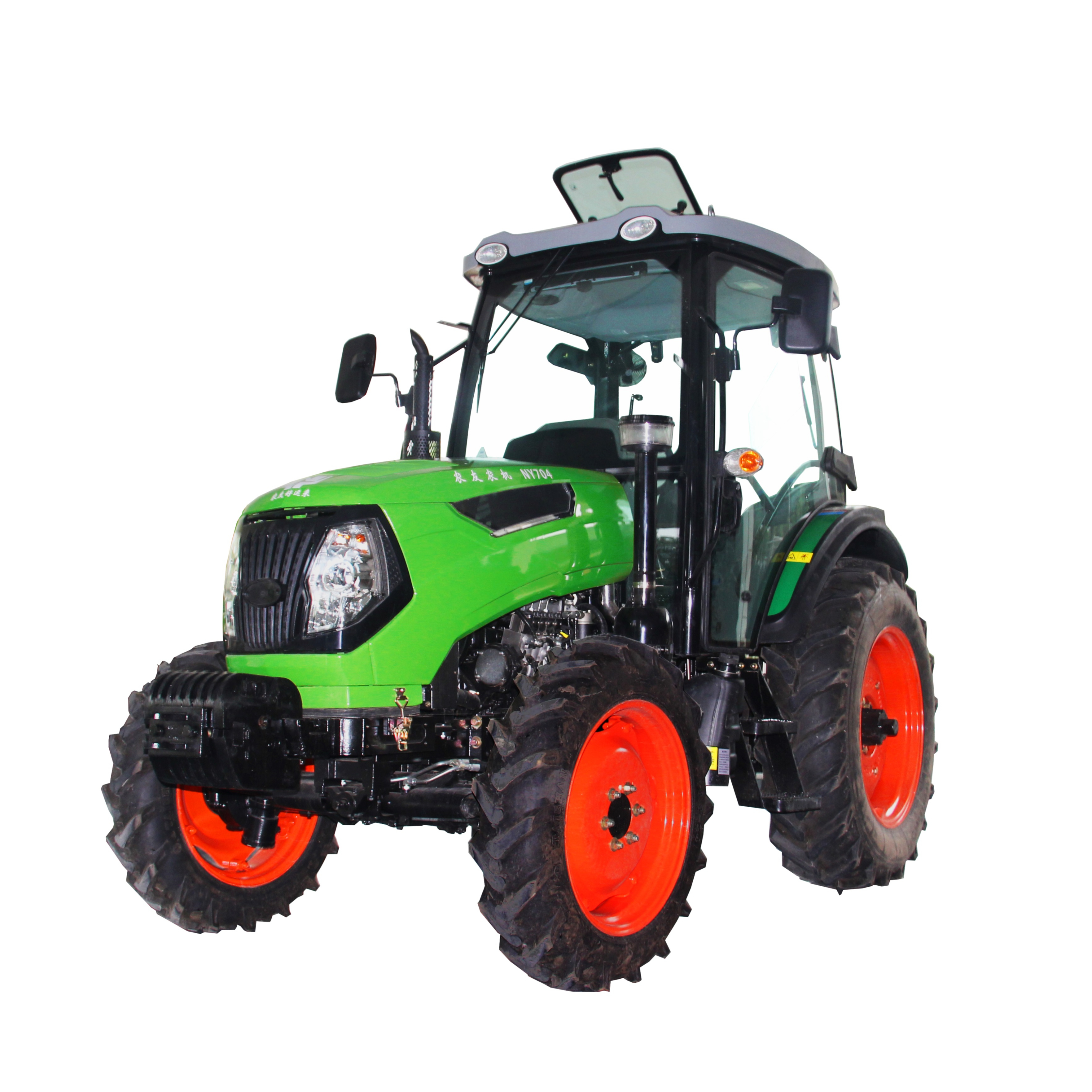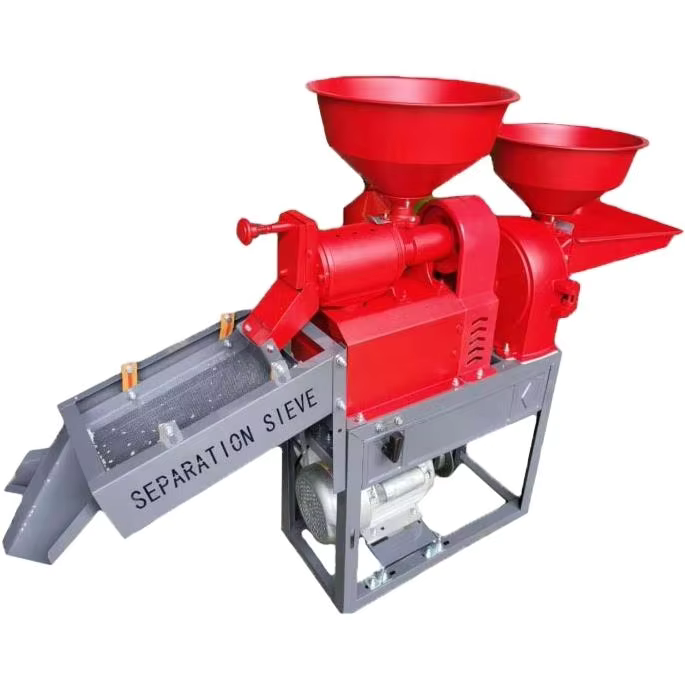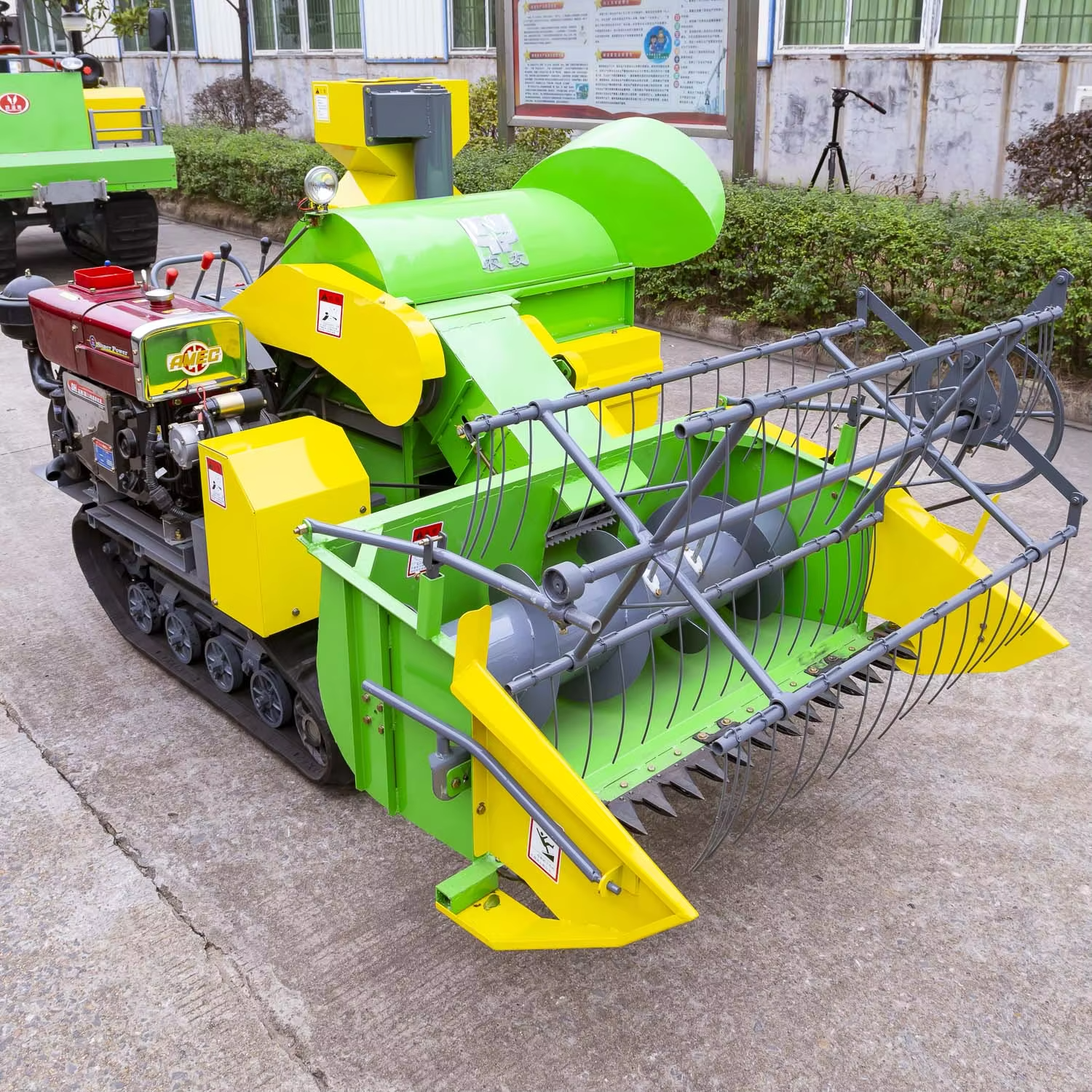small grain dryer
The small grain dryer is an essential agricultural processing equipment designed to efficiently reduce moisture content in various grain types to optimal storage levels. This compact yet powerful machine employs advanced drying technology that carefully controls temperature and airflow to ensure uniform drying without compromising grain quality. The system typically consists of a heating unit, drying chamber, ventilation system, and intelligent control panel that monitors and adjusts drying parameters in real-time. With its versatile design, the small grain dryer can handle multiple grain varieties including corn, wheat, rice, and soybeans, making it an invaluable tool for small to medium-scale farming operations. The drying process is carefully regulated to prevent over-drying while maintaining the nutritional value and germination capability of the grains. Modern small grain dryers incorporate energy-efficient features, such as heat recovery systems and variable-speed fans, which contribute to reduced operating costs and environmental impact. The equipment's modular design allows for easy installation, maintenance, and cleaning, ensuring long-term reliability and consistent performance throughout multiple harvest seasons.


